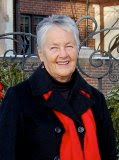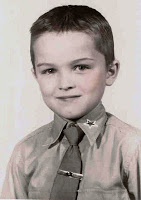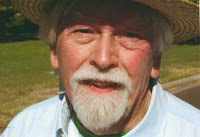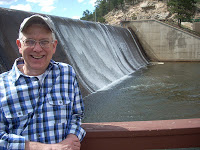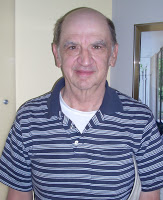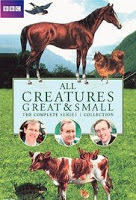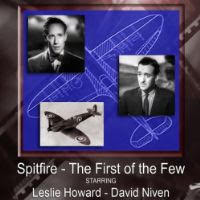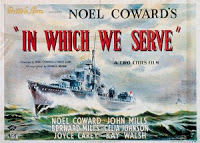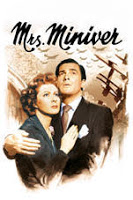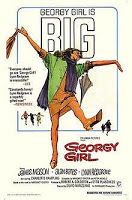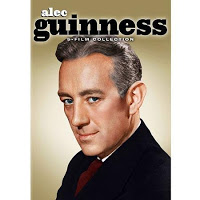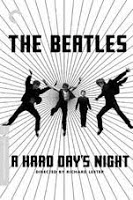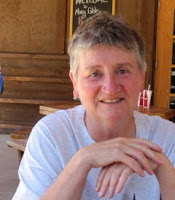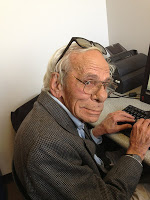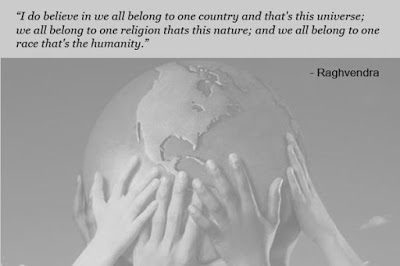of my life I religiously recited a creed almost once a week affirming a
belief. Later in my 30’s I stopped doing
this because I realized I really didn’t believe the things I was saying I believed.
I had no hard feelings about the church, I just stopped believing. I’m
referring to the liturgy of the Episcopal Church where I was baptized and
confirmed. The creeds recited in the
church liturgy—the Nicene and Apostle’s—were so familiar to me that I could
recite both from memory at an early age.
to claim beliefs which they are too young to understand, accept, or
reject? Could it be that IF it is etched
deeply enough into your psyche, you will hold on to it for life, never
questioning it. It becomes “yours.” It
feels good and it keeps us “safe.”
most of us did, the Pledge of Allegiance every day in school hundreds of times
before I ever pondered to what it was that I was pledging allegiance. Around
third grade I thought it odd to pledge
to a flag, a piece of cloth hanging on a pole or a wall even while
understanding that it is a symbol of our country. But still why the rote recitation? I think we
all know the answer to that question. By
recitation it becomes part of us, we own it and hopefully, later in life, we
understand and embrace its meaning.
Never once did an adult explain to me what I was reciting and what it
meant. Just that the recitation was not
only important, but also part of one’s life—part of one’s day—like brushing your
teeth.
some examine their beliefs and others go through life never doubting? I cannot answer that for others, only for
myself. I don’t remember my parents teaching me to think critically about
anything. They were good parents and I loved them, but they did not question
the standard cultural beliefs—at least not out loud. They were not ardent about
spreading the teachings of the church, but they accepted those tenants more as
a matter of being good Christians and good citizens. I pretty much went along
with them, I guess. I really don’t remember. Believing was not “big” in our day
to day life. At the same time doubting and challenging was not big either.
“ripe” for critical thinking when I was in college. Or maybe I simply was not
mature enough before then. A light came on when I realized I could not will
myself to have faith that something was true simply because I was told to do so
or because I was told the consequences would be painful for me if I chose not
to. One teacher, Professor Jaffe, taught me to question everything. I suppose
that’s because that’s what one does in Philosophy class. But I learned from Professor Jaffe that what
is important about learning is thinking for oneself, as well as being exposed
to the information. What one does with the information is the whole point.
that it was my husband who put me up to applying critical thinking to my religious beliefs. They may have been faintly held beliefs;
nevertheless, they had been a part of me for a long time. He simply raised the
question one day, “maybe Jesus was just a good man and not divine. How do we
know for sure?” That’s when I made a
conscious decision not to take that leap.
We started discussing the power of the church historically. How most of
the wars fought throughout history were fought over religious beliefs. From then on, I questioned everything, my
feelings as well as my beliefs. It was
years later, however, that I took any action regarding the feelings I had been
questioning in regard to my sexuality.
that critical thinking is good and faith is bad. They each have a place in my
life. But what I do say is that when believing gets in the way of accepting
facts and blocks applying information to form one’s opinions, there is a
problem. Believing versus gathering information and forming a point of view
seems to be the conflict going on today in some political situations. When I
see Trump supporters interviewed on the evening news, what I see is people full of fear holding a belief because
of that fear, and holding it in disregard of the facts. For example, the belief
that ISIS is the greatest threat to life in the U.S. today. ISIS is coming and
therefore we all must have guns to protect ourselves and our families. One look
at the numbers would make anyone question that belief: in 2013 deaths from
ISIS-16; deaths from gun violence-33,000. The numbers speak for themselves if
one is willing to take a look at them.
my faith in something a book says, even a book considered sacred, or something
a person or institution tells me to believe. Yet until I grew up this is what I
did and what I was taught to do. This is what most people are taught to do. If
it works for them, more power to them.
But it does not work for me and I cannot imagine it ever doing so.
the Author
the GLBT community including PFLAG, the Denver Women’s Chorus, OLOC (Old
Lesbians Organizing for Change), and the GLBT Community Center. She has been
retired from the human services field for 20 years. Since her retirement, her major
activities have included tennis, camping, traveling, teaching skiing as a
volunteer instructor with the National Sports Center for the Disabled, reading,
writing, and learning. Betsy came out as a lesbian after 25 years of marriage.
She has a close relationship with her three children and four grandchildren.
Betsy says her greatest and most meaningful enjoyment comes from sharing her
life with her partner of 30 years, Gillian Edwards.
